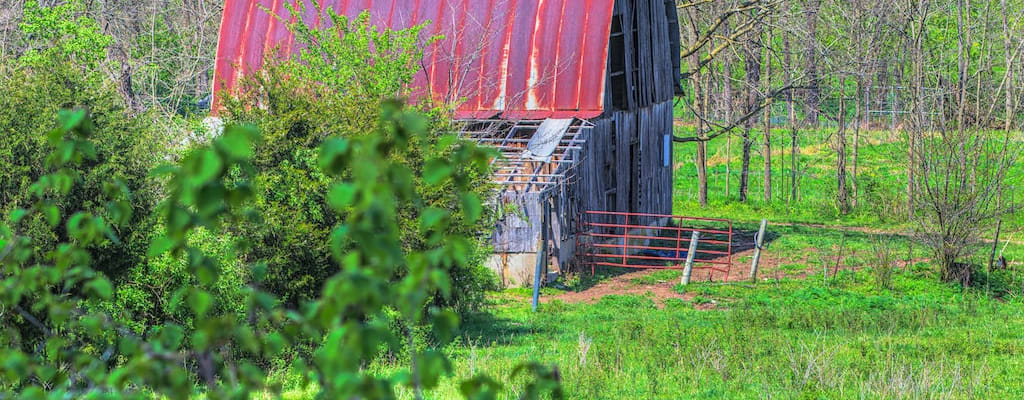old as the hills: Idiom Meaning and Origin
What does ‘old as the hills’ mean?
The idiom "old as the hills" refers to something that is extremely old, often implying that it has been around for a very long time and is therefore considered outdated or out of touch with current trends or ideas.

Idiom Explorer
The idiom "some old" refers to something that is considered outdated or not relevant anymore. It is often used to dismiss or downplay the importance or significance of something.
The idiom "over the hill" refers to reaching a point in life where someone is considered old or past their prime, often used to describe someone who is no longer young or able to do things as well as they used to.
One of the most well-known idioms in the English language is "over the hill." This phrase is used to describe someone who is past their prime or no longer young and in their prime.
The idiom *old hat* means something that is old-fashioned, outdated, or no longer interesting or impressive. It refers to a hat that is no longer trendy or fashionable, suggesting that something has become clichéd or overused.
The idiom "old hand" refers to someone who is experienced or skilled in a particular activity or job.
The idiom "old hand" is commonly used in American English to refer to a person who is experienced or skilled in a particular activity or field. The phrase implies that the person has been doing the activity or working in the field for a long time, and as a result, has acquired a high level of expertise or proficiency.
The idiom "old fogey" refers to a person, usually older, who is seen as old-fashioned, traditional, and resistant to change or new ideas.
The idiom "old-fashioned look" refers to a traditional or outdated appearance or style that is reminiscent of the past. It implies a lack of modernity or contemporary relevance.
The idiom "old fart" is a colloquial expression used to describe an elderly person who is perceived as being grumpy, curmudgeonly, or stuck in their ways.
The idiom "old chestnut" refers to a tired or overused joke, story, or idea that no longer seems fresh or interesting. It implies a lack of originality or creativity.
The idiom "old chestnut" is a well-known phrase in the English language, typically used to refer to a cliché or an overused joke or story. It is often employed in informal contexts, and its origins can be traced back to the early 19th century.
The idiom "of the same stripe" means that two or more people or things are similar or have similar qualities, usually in a negative or undesirable way.
The idiom "of late" refers to something that has occurred or been happening in the recent or immediate past.
Ancient Wisdom
The expression "old as the hills" is an idiom that has been in use for many centuries. The exact origin of this phrase is uncertain, as idioms tend to evolve over time without a specific date or source. However, it is widely accepted that this idiom has stood the test of time.
When we say something is "old as the hills," we are describing it as very old, ancient, or time-worn. The use of the word "hills" in this idiom symbolizes a timeless and enduring element, suggesting that the subject in question has existed for an extremely long time. This idiom emphasizes the age or antiquity of something, highlighting its long-standing existence and influence. It can be used in both literal and metaphorical contexts, depending on the intended meaning.
One related idiom is "over the hill." This expression is used to describe someone who is advanced in age or past their prime. It implies that the person has reached an age where they are no longer in their prime or at the peak of their abilities. While "old as the hills" emphasizes the timeless nature of something, "over the hill" highlights the phase of life when one's vitality and youthfulness may be diminishing.
Another related idiom is "old hat." This phrase is used to describe something that is outdated, old-fashioned, or no longer trendy. It suggests that the subject in question has been around for a long time and is no longer considered new or innovative. While "old as the hills" emphasizes the age and endurance of something, "old hat" draws attention to its lack of freshness or relevance in contemporary times.
A third related idiom is "some old." This expression is used to describe something or someone that is very old or ancient. It is similar to "old as the hills" in conveying a sense of profound age and long-standing existence. "Some old" can be used in a similar context as "old as the hills" to emphasize the enduring nature and significance of something or someone.
While the precise etymology of the idiom "old as the hills" remains uncertain, there are several theories about its origins. One theory suggests that it may have been influenced by a biblical reference in Psalms 90:2, which emphasizes the eternal nature of God. This passage conveys a sense of timelessness that may have contributed to the development of the idiom, emphasizing the enduring nature of something or someone.
Another theory suggests that the observation of geographic formations, such as hills and mountains, may have influenced the creation of the idiom. These natural features have endured throughout human history and are often associated with stability and permanence. As a result, they may have become symbolic representations of old age and longevity, leading to the development of the idiom "old as the hills."
The idiom "old as the hills" is widely known and used by English speakers in various contexts. It can be employed to describe objects, places, ideas, or individuals that have been in existence for a considerable period. Whether referring to an ancient relic, a long-established tradition, or an elderly person, this phrase conveys a sense of profound age and a rich history. It serves as a linguistic device to highlight the lasting impact and significance of something, while also lending an air of authority and wisdom to the subject at hand.
Similarly, the idiom "over the hill" is often used to describe someone who is no longer young or in their prime. It suggests that the person has crossed a milestone in life and may be experiencing a decline in physical or mental capabilities. While "over the hill" focuses on the phase of life when one's abilities may be diminishing, "old as the hills" conveys a timeless sense of age and enduring influence.
On the other hand, the idiom "old hat" is used to describe something that is outdated or no longer fashionable. It suggests that the subject in question has been around for a long time and is no longer considered new or innovative. Although both "old hat" and "old as the hills" emphasize the longevity of something, "old hat" draws attention to its lack of freshness or contemporary relevance.
Lastly, the idiom "some old" shares similarities with "old as the hills" in conveying a sense of profound age. It can be used to describe something or someone that is very old or ancient. "Some old" and "old as the hills" both emphasize the enduring nature and significance of something or someone, highlighting their long-standing existence and influence.
The idiom "old as the hills" has been in use for many centuries, conveying the idea of something or someone being very old, ancient, or time-worn. It is often used in both literal and metaphorical contexts to emphasize the long-standing existence and enduring influence of a subject. The related idioms "over the hill," "old hat," and "some old" offer different nuances to the concept of age and endurance. "Over the hill" focuses on the phase of life when one's vitality may be diminishing, "old hat" highlights the lack of freshness or relevance of something, and "some old" shares similarities with "old as the hills" in emphasizing profound age. These idioms contribute to the rich tapestry of the English language, capturing the essence of time and the enduring nature of certain aspects of life.
Example usage
Examples of how the idiom "old as the hills" can be used in a sentence:
- My grandmother's wisdom is as old as the hills.
- That story is as old as the hills, everyone knows it.
- The tradition of celebrating New Year's Eve is as old as the hills.
More "Age" idioms

